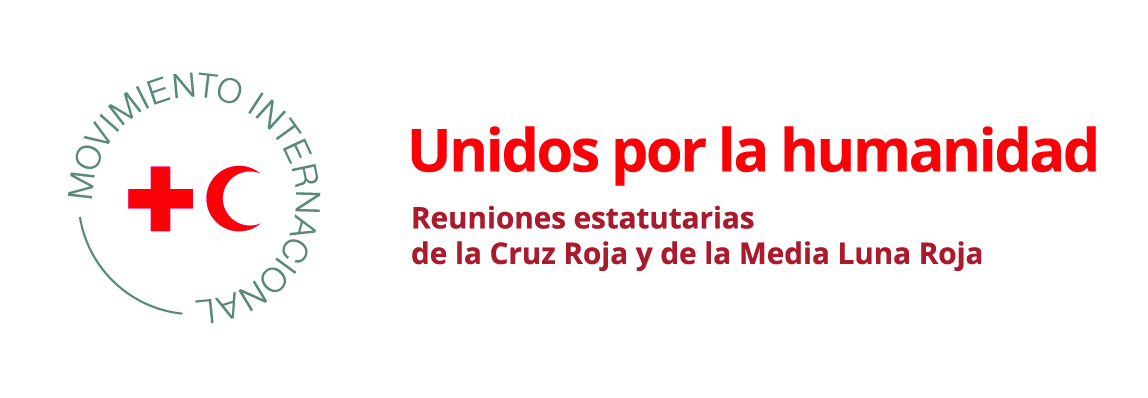A) Objetivos de la promesa
The environment is often called a silent casualty of war. While the range of direct and indirect environmental consequences of armed conflicts is better understood than before, environmental protection is still too often a secondary concern in armed conflict. The consequences of environmental damage for conflict-affected populations are severe and complex, and compounded by the triple planetary crisis (pollution, biodiversity loss and climate change).
Since the last International Conference, the legal framework for the protection of the environment in armed conflict has developed. The ICRC’s 2020 Guidelines on Protection of the Natural Environment in Armed Conflict set out international humanitarian law (IHL) obligations that fix legal limits on the damage that warring parties can inflict on the natural environment, with the aim of supporting the incorporation of these rules in national law, policy and practice. Broader in scope, the International Law Commission’s Principles on Protection of the Environment in Relation to Armed Conflicts clarify and develop international law on this topic, reiterating key IHL obligations and also drawing from other branches of international law.
The objective of this pledge is to advance national implementation of IHL and other relevant international law rules protecting the environment, and ultimately enhance wartime environmental protection.
B) Plan de acción
The Government of Finland and the Finnish Red Cross, according to their respective competences, jointly pledge to
a) continue to increase knowledge and awareness of IHL and other relevant international law protecting the environment in armed conflict among the military, government officials, decision makers, and the general public; and to
- Compile, translate and distribute dissemination material, organize events and take other relevant action to increase awareness of the relevant IHL and other international law rules, the ICRC Guidelines on the Protection of the Natural Environment in Armed Conflict and the International Law Commission’s Principles on the Protection of the Environment in Relation to Armed Conflicts, and promote their implementation on the domestic level;
- Provide training to legal advisers to the armed forces and other relevant armed forces’ personnel on IHL rules protecting the natural environment, as well as other relevant international law rules, to equip them to provide advice to military commanders
- Enhance coordination, information exchange and cooperation, as relevant, between the armed forces and national agencies with environmental responsibilities;
- Use international and national fora, platforms or initiatives to increase awareness of international law protecting the environment in armed conflict and promote its implementation.
b) Exchange good practices and examples of measures that can be taken to comply with IHL and other relevant international law obligations protecting the natural environment. This will include
- participation in conferences, regional forums and other international initiatives as well as
- provision of technical expertise to other States, for instance on conducting environmental impact assessments in armed conflict or on measures that can better protect people and environment from exposure to contaminants.
C) Indicadores para medir los avances:
– actions taken to increase awareness as well as the domestic incorporation and implementation of the ICRC Guidelines on the Protection of the Natural Environment in Armed Conflict and the International Law Commission’s Principles on the Protection of the Environment in Relation to Armed Conflicts
– actions taken to provide training to legal advisers to the armed forces and other relevant armed forces’ personnel on IHL rules protecting the natural environment, as well as other relevant international law rules, and to enhance coordination, information exchange and cooperation between the armed forces and national agencies with environmental responsibilities
– actions taken by the government to exchange good practices and sharing of technical expertise related to the protection of the environment in conflict-affected areas
D) Recursos requeridos:
–



